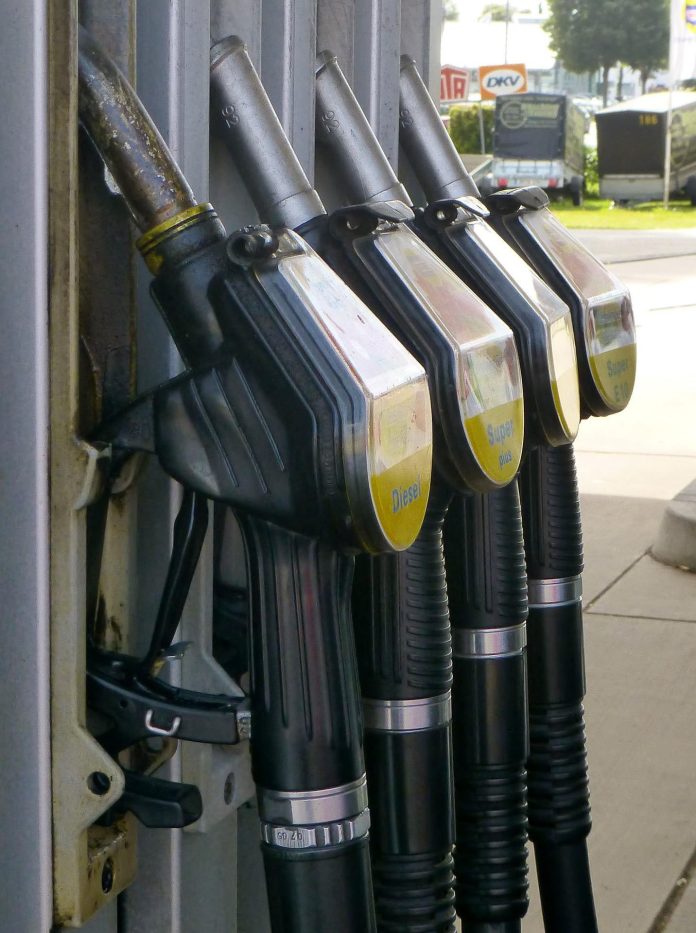Rhys Davies, Cardiff East Socialist Party
Workers are already choosing between eating and heating. And now, with petrol prices in Wales exceeding £2 a litre for the first time, we are seeing another necessity added to the list of sacrifices we need to make. For many, it’s not even a choice. Workers and commuters, heavily reliant on driving, simply can’t afford the fuel to get to work or do their jobs.
I have noticed my usual £30-a-week fuel budget more than double in recent weeks, even with working from home two days a week. The various school runs during peak traffic times also take their toll. This means around £400 a month going on essential car journeys. This is on top of the £900 per school year I pay for two school bus passes, another daughter starting high school in September will increase that by another £400 or so.
It’s never been more pressing to demand the nationalisation of the oil companies making billions in profit, and a free-to-use publicly owned transport system, with a service for schools, under democratic workers’ control.
Fuel protests
Tens of thousands marched as part of the TUC demonstration on 18 June, and strikes are spreading. Public anger has manifested itself in other ways too, like the 2,000 motorists that took part in a ‘go slow’ protest, organised on Facebook, which disrupted traffic on the A1 in the north east of England.
Further motorway protests for 4 July are being discussed on social media to draw attention to rising fuel prices and the impact on working-class people’s lives.
In the year 2000, there were nationwide protests including blockades at oil refineries, fuel depots and on major roads due to the prospect of petrol prices rising to 82p per litre. The disruption was so great that the Blair government was authorised by the Privy Council and the Queen to take emergency powers to ensure delivery of fuel to essential services by military tankers! (See ‘Seven days that shook Blair’)
With petrol now at £2 per litre in many places, inflation at its highest in 30 years, and real-terms wages no higher than they were in 2000, anger will continue to grow and will need to be channelled into effective organised action.
The TUC march was a start; RMT train strikes show how workers taking action can bring things to a standstill. Strikes spreading among other areas, demanding an end to the cost-of-living crisis, will further show our strength.








